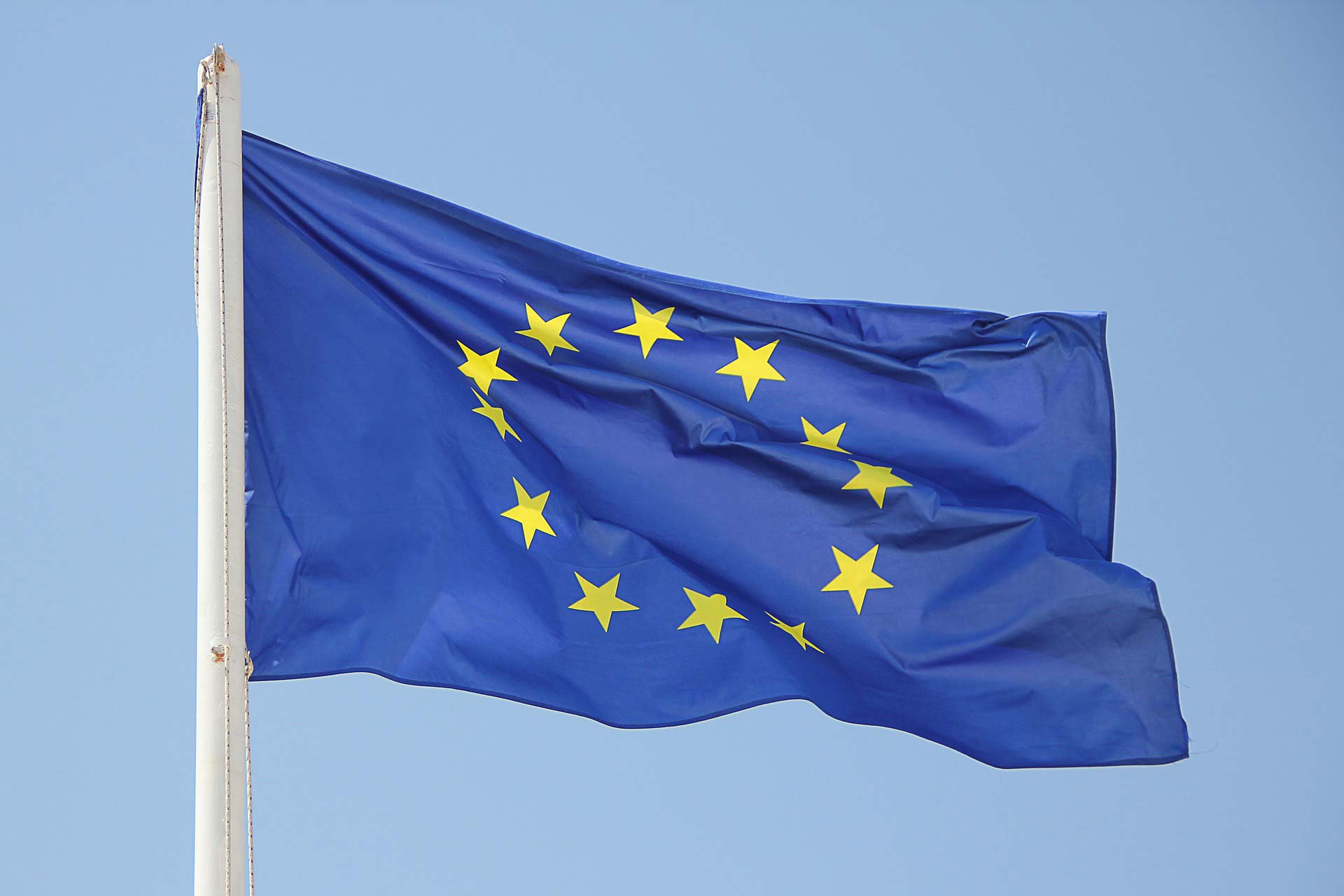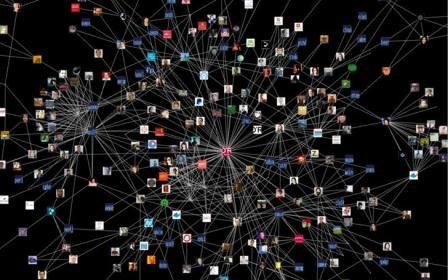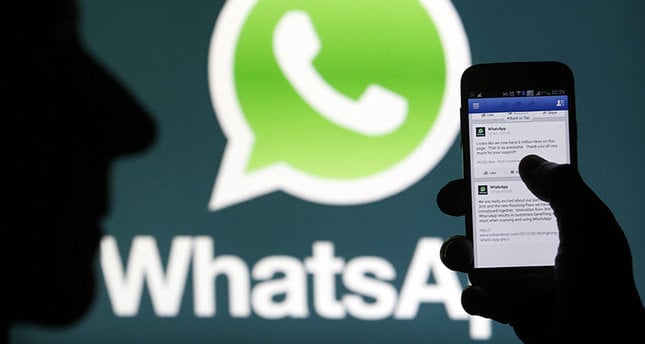A team of researchers from MIT (Massachusetts Institute of Technology) introduced a new computer chip optimized for deep-learning, an approach to artificial intelligence that is gaining popularity.
The chip, dubbed "Eyeriss" could allow mobile devices to perform tasks like natural language processing and facial recognition without being connected to the internet. It’s the latest attempt to make the complex operations of machine learning more portable. That means that our smartphones, smartwatches, robots, self-driving cars, and other IT devices could begin performing complex deep learning processes locally — something that until now has been very difficult to do.
Deep learning has traditionally demanded large amounts of computer processing. GPUs, computer chips designed to render the graphics we see on our computer screens, are a good enough workhorse to handle the task. But GPUs come with a drawback: they suck up a ton a power. This makes them impractical to use for deep learning on mobile devices. The workaround to this has been to take raw data collected by devices, upload it over the internet, perform deep learning on powerful GPU servers, then shoot the results back over the internet to the device.
This can lead to some problems that the “Eyeriss” is promising to solve. The first is that if your mobile device can’t find an internet connection, then it can’t carry out deep learning tasks. When you do manage to connect to the internet, the data that devices upload to remote servers can be personal in nature, which leads to privacy issues. There’s also the pesky problem of transmission latency — the amount of time it takes for information to be sent from your mobile device and back.
The researchers claim “Eyeriss” is designed in a way that makes it 10 times more power-efficient, which means it could avoid all of these problems without killing your battery.












.jpg)









































